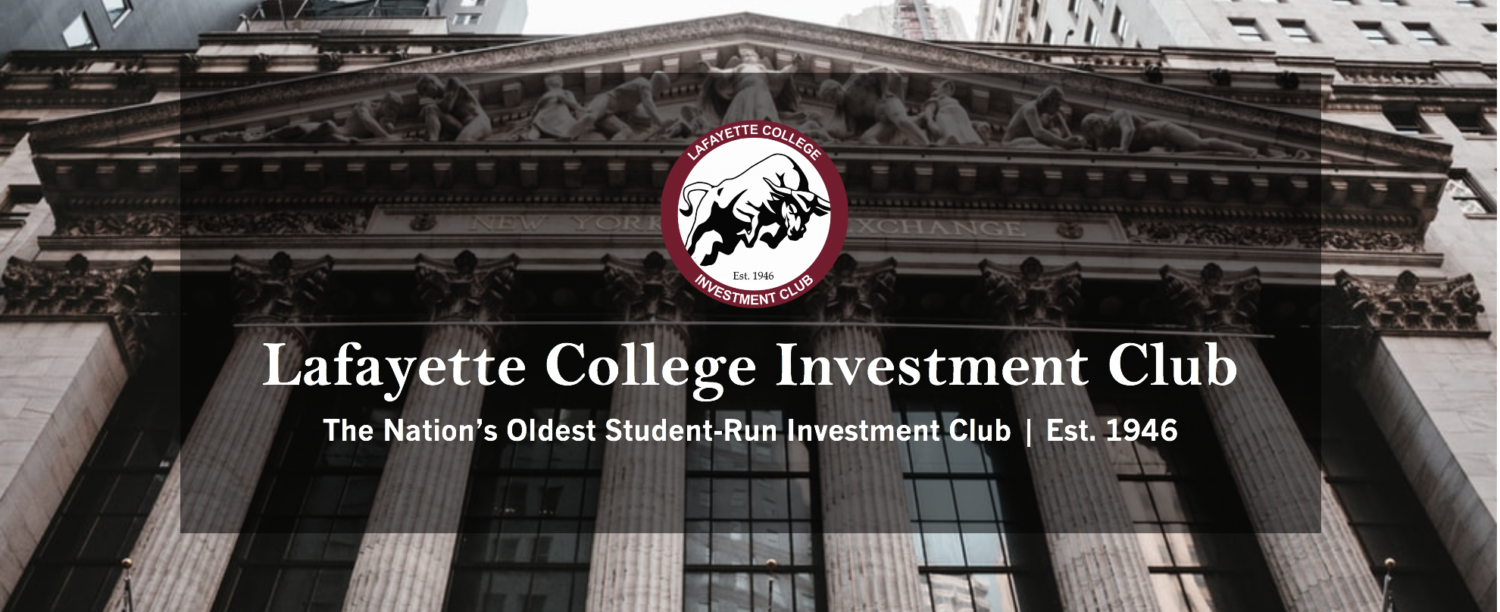Folks – With all that is going on with the looming Debt Ceiling Debacle and the implications it has on the markets, I’d like to take some attention to a global story I read in this weekends Barrons. It is a compelling article I encourage all members to actively read financial newsletters beyond the Wall Street Journal.
Canadian stock analyst Kun Huang has been locked in a Luoyang, China, jail for more than a year, charged with defaming a Canadian company whose shares trade on the New York and Toronto exchanges. In 2011, a report circulated by Huang’s hedge-fund employer alleged that ore samples from a mine run by Silvercorp Metals tested low for silver content. Unluckily for Huang, Silvercorp’s mine is a prominent enterprise in Luoyang, the city in the central province of Henan where prosecutors have charged that he not only defamed the company but used an illegal camera to shoot video of its operations. After a one-day trial on Sept. 10, the analyst, 36, now waits to hear whether a judge will find him guilty and sentence him to three more years in prison. A Canadian consul described the Luoyang jail as “atrocious.” Few trials in China end in acquittal.
![[image]](http://barrons.wsj.net/public/resources/images/BA-BD038_CHINA__DV_20130926231319.jpg) Courtesy of Jon CarnesResearcher Kun Huang is in a Chinese jail awaiting a trial verdict.
Courtesy of Jon CarnesResearcher Kun Huang is in a Chinese jail awaiting a trial verdict.
The researcher is one of hundreds that Chinese media say have been rounded up since May 2012 for helping foreign investors check out U.S.-listed Chinese companies, or for conducting the due diligence required of multinational corporations by their home countries’ antibribery laws. Most of those arrested are Chinese nationals, but public attention tends to focus on the foreigners. Chinese television recently broadcast the handcuffed image of well-known fraud investigator Peter Humphrey, a Brit accused with his American wife of accessing state records in the course of background checks performed by their Shanghai-based firm, ChinaWhys, on dozens of Chinese businesses — including Silvercorp (ticker: SVM).
The researchers’ arrests may be a response to the plunging popularity of Chinese shares that trade on U.S. exchanges. Investigators like Huang and Humphrey helped expose unflattering evidence on companies listed here via the back-door maneuver known as a “reverse takeover” — inspiring a wave of short-selling, delistings, and fraud charges by U.S. regulators (see “Beware This Chinese Export,” Aug. 28, 2010).
China stocks generally haven’t done well in the past couple of years, and the flow of Chinese initial public offerings in the U.S. has virtually stopped — just one company came public here in 2013. Chinese executives were understandably dismayed when American investors turned a cold shoulder, yet Beijing also seems to have taken umbrage. An editorial last year by the state-run news agency Xinhua growled that critiques of Chinese firms by U.S. short sellers were malicious acts seeking to “poison reputations of Chinese start-ups for profit” and fueling foreign prejudices against Chinese business.
With the imminent verdict on Huang, the Silvercorp saga has gone the furthest of China’s research crackdowns. It is also the best documented, due to a small mountain of written and audio-visual records surreptitiously collected by Huang and his colleagues over the course of their pursuit by Luoyang cops. Huang’s hedge-fund boss Jon Carnes shared these recordings with Barron’s, as well as with regulators and law-enforcement officials in Vancouver, where Carnes’ investment firm and Silvercorp are based. Carnes says Canadian authorities have opened a bribery probe based on his allegations that Silvercorp directed and paid for Luoyang’s prosecution of Silvercorp’s critics. Among the documents Carnes shared are some that he says show police expenses paid by the Silvercorp mine, one of the biggest employers and taxpayers in the city. The company and the local police have denied any corrupt relationship.
At the least, China’s clampdown on business research means that investors will have to place their China bets with less information. The type of research Huang was conducting is akin to that used in the West, part of the “tire-kicking” that responsible stockpickers do before buying or selling short a stock. “I cannot change the way we do investment research in China,” says Carnes. “We have to perform on-the-ground research if we want to find out the truth. Our research activities have broken no laws in China or abroad.”
“I deeply believe [that] Huang is innocent,” said his colleague Haizhang “Michael” Wei in an affidavit he sent to the Luoyang court, after escaping from China to London. Wei took photos and videos that he says show Silvercorp payment receipts piled on the desk of his police interrogator. Silvercorp’s “payoffs” made Luoyang police into the company’s “tool,” said Wei in the August affidavit. Although Silvercorp wouldn’t talk to Barron’s, it has said the receipts must have been forged by the hedge-fund group. Chinese prosecutors told Huang that they weren’t persuaded by his allegations of corruption.
Wei struck an optimistic tone in his affidavit: “Paper can’t cover up fire, and the truth eventually will surface.”
Before escaping, Wei avoided incarceration by feigning cooperation with Luoyang policemen like Yi Feng, the lead investigator on the case. In one of several conversations with the policeman that Wei recorded, Yi Feng said that the unrepentant Huang would be punished for defaming the police and Silvercorp — even if the police had to make up charges. “If you’re under the foreign economic system or within the context of financial markets,” the policeman told Wei in the recording, “freedom of speech is probably OK. But within China, this is inappropriate. They actually broke some laws of our country.”
“Huang’s good days are numbered,” he said. Barron’s verified the contents of the recording with two Mandarin speakers.
